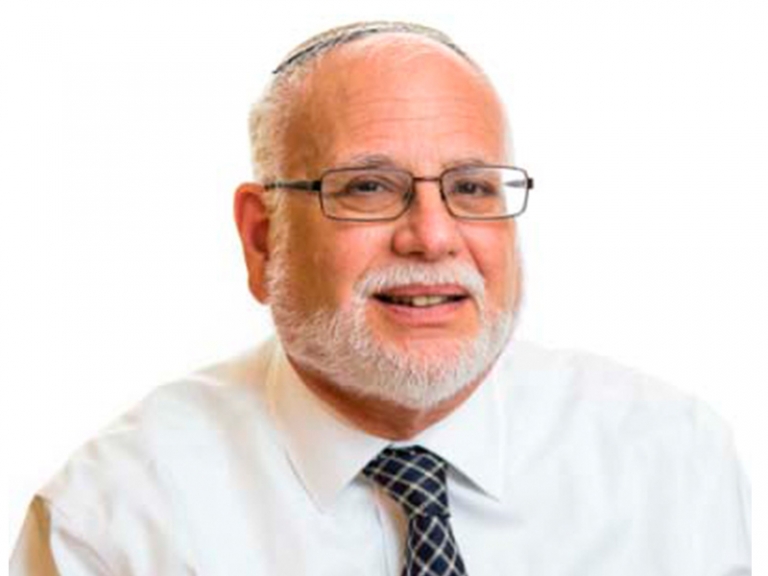D'var Torah by Dr. Kalman Stein, Head of School

Dear Hebrew Academy Community:
Ein Yaakov, a collection of Aggadic material compiled by Rabbi Jacob ben Solomon ibn Habib (Spain and Salonika, 1460–1516), records the following rabbinic discussion:
Ben Zoma says that the Pasuk which expresses the most fundamental principle of the Torah is:
שמע ישראל ה" אלקינו ה" אחד
Ben Nanas says that there is verse which expresses a broader principle:
ואהבת לרעך כמוך
Love your neighbor as yourself. Ben Pazi says there is a Pasuk which expresses an even broader principle, and quoted (a Pasuk from our Parasha):
את הכבש האחד תעשה בבקר ואת הכבש השני תעשה בין הערבים
You should offer one lamb in the morning, and the other lamb you should offer in the afternoon.
We can well understand why Ben Zoma who focused on the Pasuk of Shema, which proclaims our allegiance to God, and Ben Nanas who pointed to the Mitzvah to love our fellow humans, the ultimate expression of having been created in the image of God, both thought that he had identified the fundamental principle of Judaism. But how are we to understand Ben Pazi’s assertion that the Mitzvah to bring the Korban Tamid, the daily sacrifice, twice each day is the fundamental principle of the Torah?
Ben Pazi apparently understood human nature very well. Most people are capable of rising to the occasion when dealing with events or observances which are both exciting and rare. It is not all that difficult to get oneself “up” to participate in a Seder or to be in Shul to hear the sounds of the Shofar or to gather at sunrise once every twenty-eight years to bless the sun. But Halakha primarily deals with daily observance of Mitzvot which we are to perform pretty much in the exact same way day after day after day. The Halakhic system is based on the understanding that periodic observance of grand Mitzvot which easily lead to spiritual peaks does not engender real spiritual growth. Real religious growth and an ever firmer commitment to a relationship with God are attained through consistency and attention to the often minute details of Halakha. Ben Pazi summarized all of this by directing our attention to a Mitzvah that was to be performed every single day of the year, on weekdays, Shabbat and Yom Tov alike.
But we need to bear in mind that the consistency and regularity of Halakha also imposes a challenge. As I’ve often told Bar Mitzvah boys that if they put on Tefillin every weekday morning until the age of eighty they will have performed that Mitzvah more than twenty thousand time, and by the age of 120 they would have added another twelve thousand. The challenge, of course, is the struggle to maintain enthusiasm and spontaneity in the performance of a Halakhic system which requires consistency and repetition, to avoid turning our observance into Mitzvat Anashim Melumada (Yeshayahu 29:13), into routinized habitual actions devoid of emotion and spirituality. Perhaps that is why the Torah placed the Mitzvah of the daily sacrifice immediately after the description of the Korban Milu’im, the one-time sacrifice which was brought to inaugurate and consecrate the Mishkan: A reminder that we need to use all of our inner resources to perform Mitzvot not only thoughtfully but also with an effort to derive spiritual strength and excitement from each observance just as we did when we performed those Mitzvot the very first time.
Dr. Kalman Stein
Head of School

